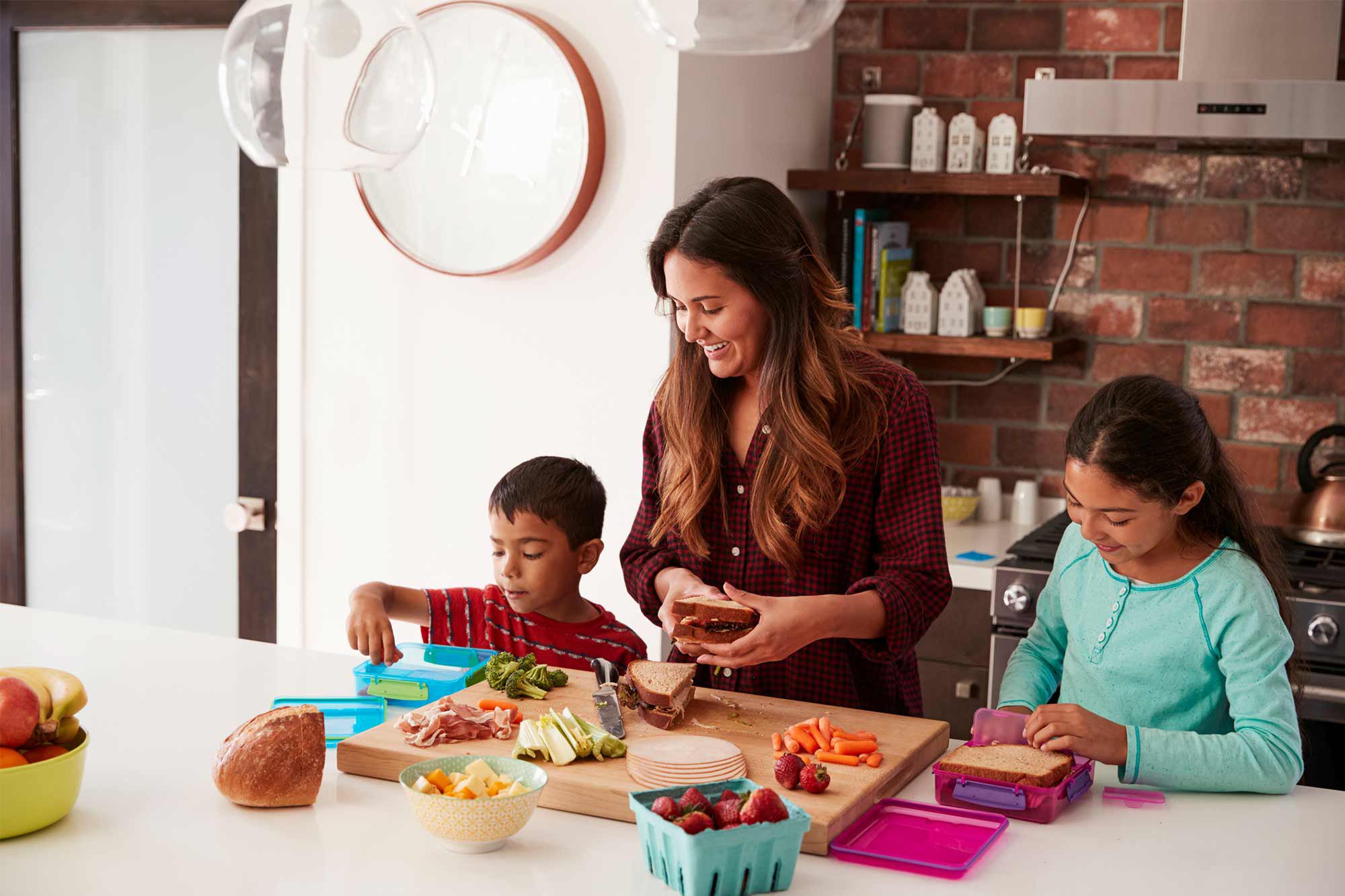Nowadays, people care more about relationships. This includes forming vibrant relationships with others. People are also keener to have a compassionate relationship with themselves. Sustainability cropped with the idea that people should have a gentle relationship with the environment. People crave connection with almost anything in existence.
It is not surprising, then, that there is also the idea of a healthy relationship with food. In context, this is a positive perspective of food and eating. Your relationship with food would dictate your eating habits and their effect on your general wellness. How can one achieve a healthy relationship with food? Here are some inspirations.
Give Yourself Food Freedom
Diet fads give you a list of foods that you should not eat. When you restrict yourself too much, there will come a time when you feel deprived. Also, when an opportunity presents itself, you might binge eat. You should only categorize some foods as “off-limits” if you have a medical reason to do so. Even orthodontics issues should not stop you from enjoying food. Invisalign trays are now much preferred over braces because of the freedom it gives over food choices.
Thus, do not feel guilty over that piece of cake or slice of pizza. Reframe your mindset and stop categorizing food as “good” and “bad”. Give yourself the freedom to eat what you want. But learn the art of moderation and balance. The secret to not depriving yourself is that you would notice that your cravings would diminish or be non-existent.
Do Not Get Consumed with Numbers
If you are the kind of person that weighs yourself every morning, stop this debilitating habit. Do you have those apps on your phone that count your calorie intake for the day? Do yourself a favor and delete them. Numbers are guidelines set to measure something, but they should be absolutes. When you are too concerned with numbers, you will develop an obsessive way of controlling your food intake.
Instead of getting consumed by numbers, learn to listen to your body. More than the numbers, your body will tell you if you are giving it what it needs. Healthy eating will translate to a happy disposition and an energetic body. When you see these things happening, you would know that you are on the right track.
Practice Mindful Eating

.Mindful eating is having the awareness of the nurturing power of food. When you practice mindful eating, you allow yourself to be at the moment as you take your meals. You appreciate every texture, color, smell, and flavor of the dish in front of you.
Mindful eating also means having full involvement with the food experience. You take time to relish each bite as you chew each spoonful. You also honor the dining experience by not succumbing to distractions such as watching TV or using the phone while eating. When you focus your attention on your meal, you would be more in tune with the signals your body gives. You would know when you are still hungry or you are full.
Know That Everything Starts from Buying and Cooking
One aspect of a healthy relationship with food is enjoying its preparation. You do not have to be a first-class chef for you to produce nurturing food. Make your grocery trip a significant appointment. Think well about what you would add to your cart. Meal planning could help you see a general view of what you would be eating, at least for a week. You could make more conscious choices rather than popping the first thing that you could pull out of your refrigerator.
Cooking at home helps you see what is inside your food and lets you control the portions of your meals. In the long run, it also helps you save money. When you prepare your food, you have the final say of how your dish turns out. You could tweak the flavors according to your preferences which would lead to more enjoyment as you eat. You could also add some extra ingredients that could level up your food’s nutritional value.
Learn Methods to Cope with Stress
Emotional eating happens when you have heightened emotions. You turn to munching to pacify your negative emotions. Sometimes, when you are at the peak of stress, you find yourself losing your appetite. Stress also affects your digestion.
Thus, learn to separate stress from your eating habits. Instead of turning to food at the first sign of stress, look for other ways to bust it. You can exercise, talk with trusted friends, or meditate to lessen your stress.
Humans and foods have an intricate connection. People eat for a large part of their lifetime. The best thing that one can do is to develop a healthy relationship with food. This is a better option than always having an issue over what, where, and how you eat.


